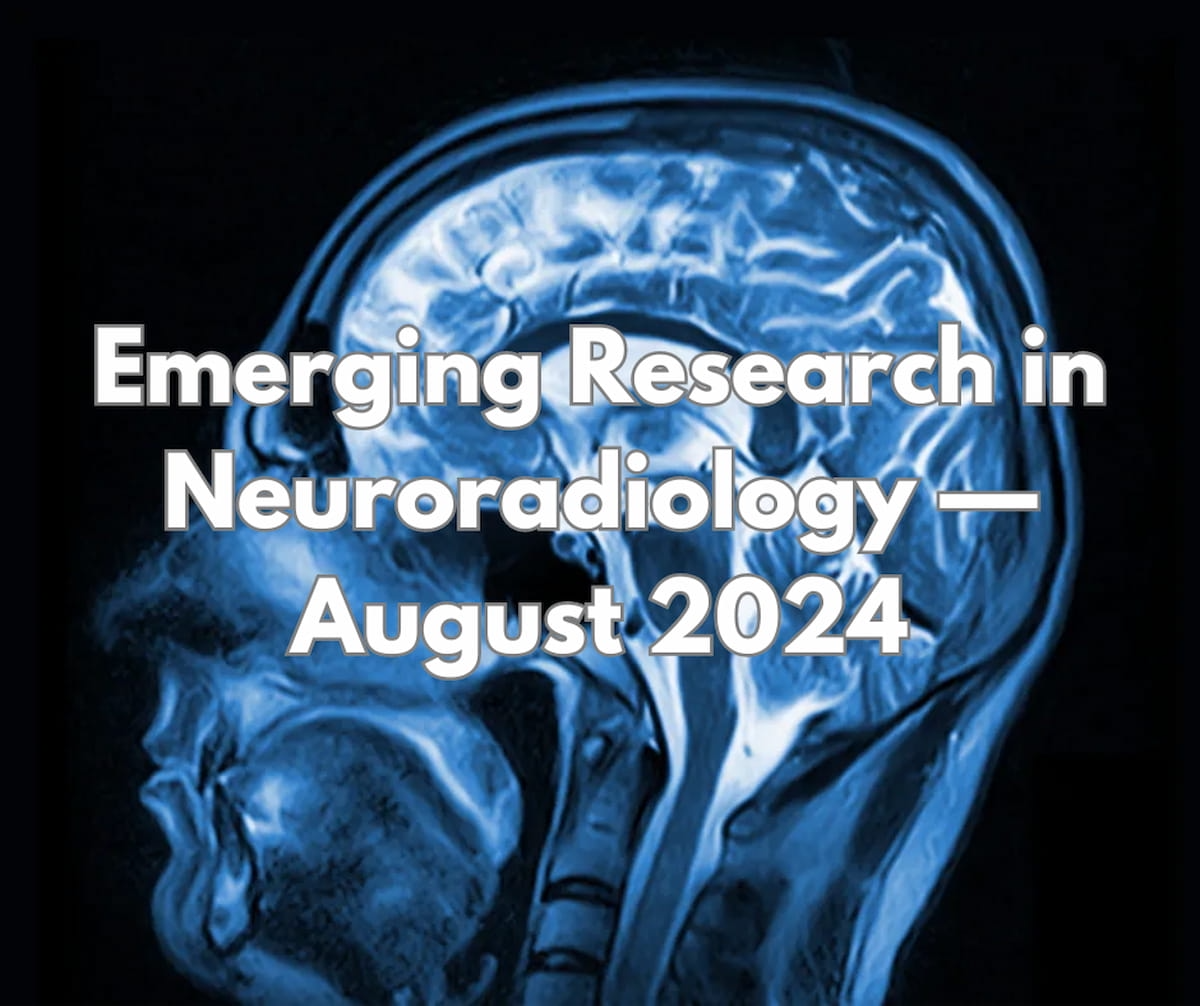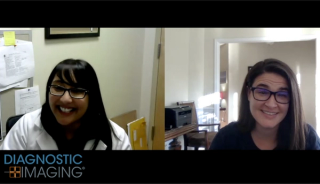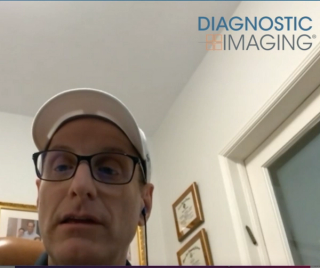
Neurology CT
Latest News

Latest Videos

CME Content
More News

Catch up on the top radiology content of the past week.
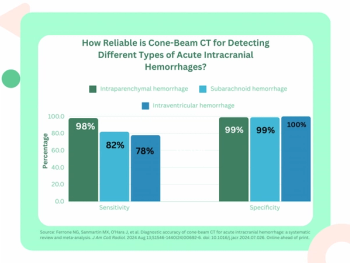
While cone-beam computed tomography (CBCT) demonstrated high pooled sensitivity and specificity rates for intraparenchymal hemorrhage in the systematic review, researchers noted higher false-negative rates for subarachnoid and intraventricular hemorrhages.
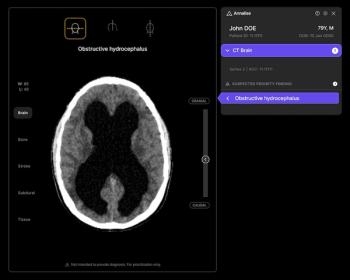
The first radiology triage modality to garner a Breakthrough Device Designation from the FDA, Annalise-Obstructive Hydrocephalus has reported sensitivity and specificity rates of 97.5 percent and 95.3 percent respectively.
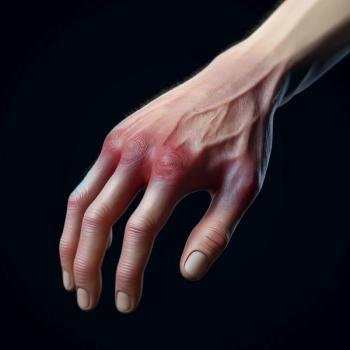
While contrast media extravasation is a rare complication, there can be varying degrees of severity. Accordingly, this author reviews possible causes of this complication, prevention principles and pertinent considerations in addressing this complication when it does occur.
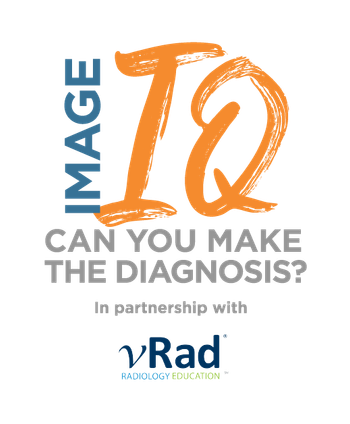
Review the case and test your knowledge to make the correct diagnosis.
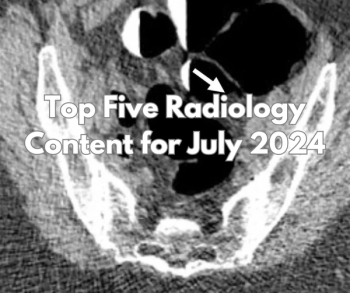
Catch up on the most-well viewed radiology content in July 2024.

Catch up on the top radiology content of the past week.
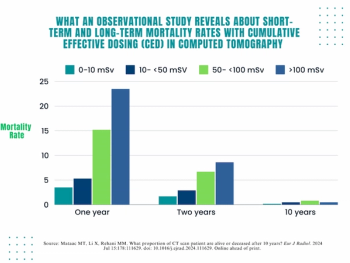
Emerging research suggests CT radiation dosing of 50 mSv or greater is associated with higher mortality at two years but nearly half of those patients were alive 10 years later.

Review the case and test your knowledge to make the correct diagnosis.
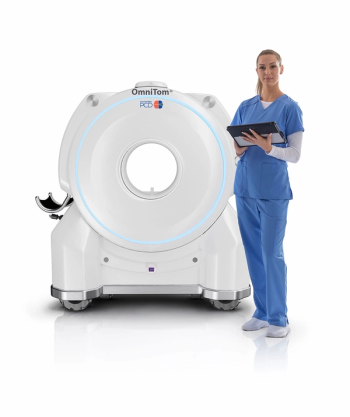
Photon-counting CT-optimized features with the OmniTom Elite system include 30 cm field of view scanning, continuous spiral scanning, and an ultra-high-resolution capability of 0.141 mm resolution.

Review the case and test your knowledge to make the correct diagnosis.
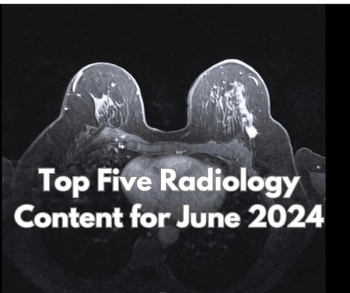
Catch up on the most-well viewed radiology content in June 2024.
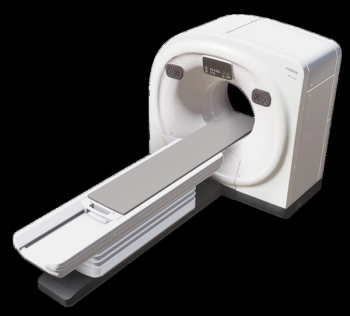
Proprietary technologies with the FCT iStream computed tomography system reportedly facilitate enhanced workflow efficiency and significantly reduced radiation dosing.

Image IQ Quiz: 48-Year-Old Man with Chronic Behavioral/Cognitive Impairment and New Seizure Disorder
Review the case and test your knowledge to make the correct diagnosis.
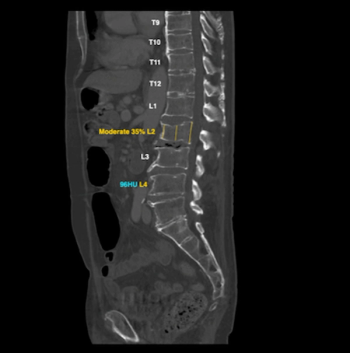
Facilitating additional consultation on chest and abdominal CT scans, the Second Opinions teleradiology platform now features FDA-cleared AI tools for cardiac, bone and liver assessments.

Review the case and test your knowledge to make the correct diagnosis.
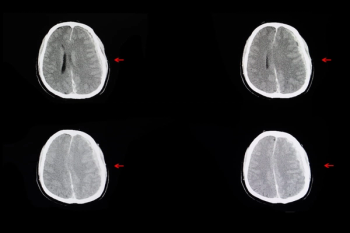
The AI-powered Heuron ICH software reportedly has an 86 percent sensitivity rate for diagnosing intracranial hemorrhage on computed tomography (CT) scans.

The second-generation version of the VUZE System reportedly offers expanded functionality and incorporation of varied sources of 3D imaging data, including cone-beam CT scans obtained in the OR.

Review the case and test your knowledge to make the correct diagnosis.

Reportedly validated in more than 10 clinical trials, the AngioFlow perfusion imaging software enables timely identification of brain regions with cerebral blood flow reduction and those with significant hypoperfusion.

Review the case and test your knowledge to make the correct diagnosis.

Review the case and test your knowledge to make the correct diagnosis.

Catch up on the top radiology content of the past week.
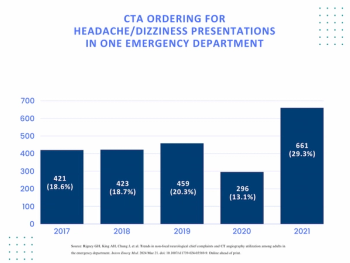
Researchers noted a 67.4 percent increase in head and neck CT angiography and a 38 percent reduction in findings of acute pathology in a recent comparison of 2017 and 2021 statistics for headache and/or dizziness presentations at the emergency department of an urban academic medical center.

The multimodality system nCommand Lite reportedly facilitates real-time remote imaging guidance on scanning parameters and procedure assessments to licensed technologists for a variety of imaging modalities including CT and MRI.



